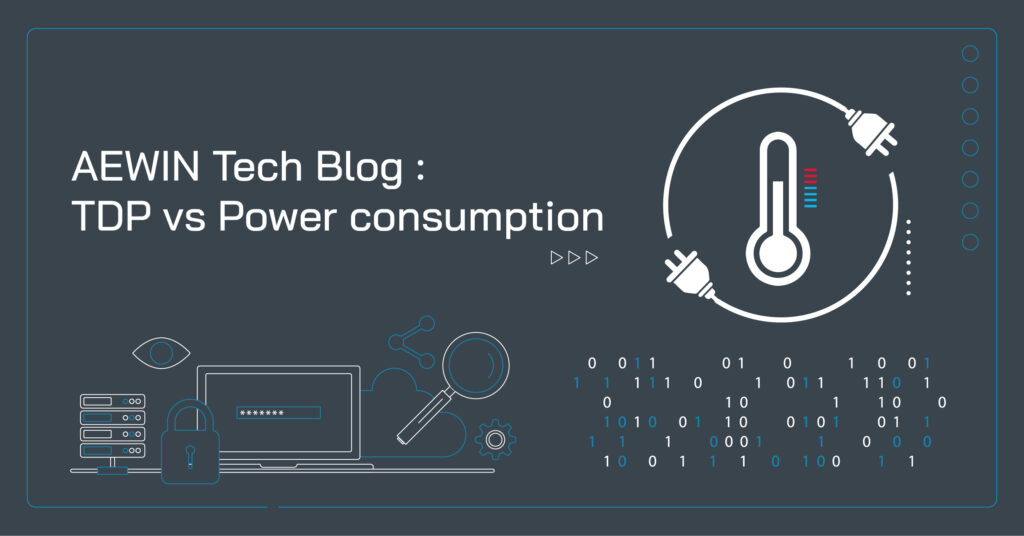
TDP is often misunderstood as the power consumption of the particular component. As the acronym implies, it is a thermal solution requirement for being able to dissipate heat from the particular sustained power. In modern processors and accelerators, there are mechanisms to allow the components to exceed their base clock, thereby increasing the power consumption. This behavior has a variety of trade names, but can be generally summed up to “boost” or “turbo.” This allows the processors to maximize performance when thermal headroom is available, at the cost of increased power usage.
The improvements in the silicon process and binning technologies has enabled chip makers to offer greater peak performances through turbo. However, this disparity between TDP and maximum power usage has been growing wider every year, particularly in the consumer facing devices. increased power usage may not be desirable under various circumstances, hence it can be optionally turned off. There are other situations where turbo behavior is unwanted, such as applications where stable and predictable performance is valued over maximum burst performance. Silicon vendors are more restrained when it comes to data center equipment due to the more planned and specific power restraints in the data center environments.
There are many more variables now to consider when specifying a system. The true power usage with turbo enabled is often not directly available to end customers. Also, the boosting behavior can make component choices tricky to meet specific performance targets, with additional complications if there are strict power and thermal budgets. Do you need a system with maximum peak performance at the cost of over-specifying power and thermal solutions, or a system with predictable power and thermal performance at the cost of reduced peak performance? This decision stands on top of already complex component selection. Until the industry comes up with a better way to represent this sliding scale of power consumption, we all need to give a little more due diligence when designing and specifying systems.